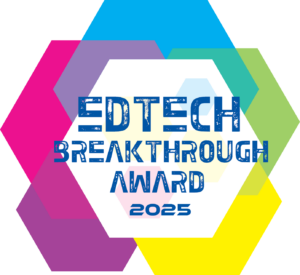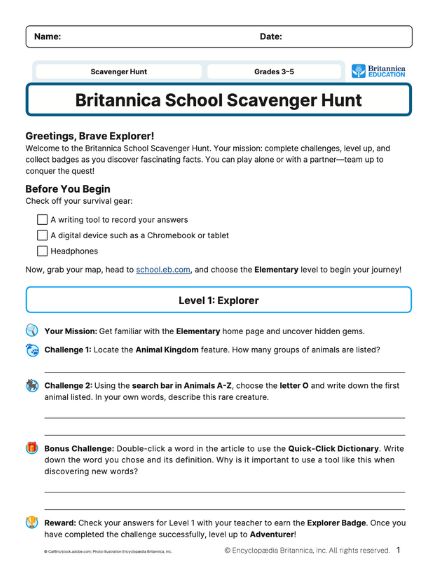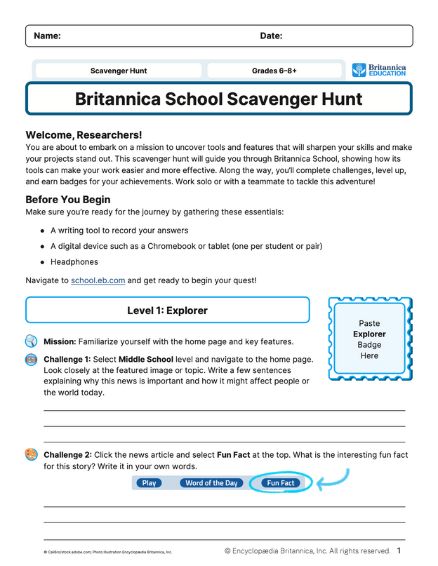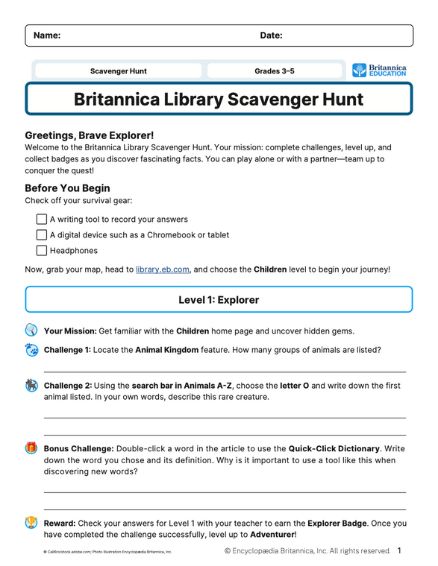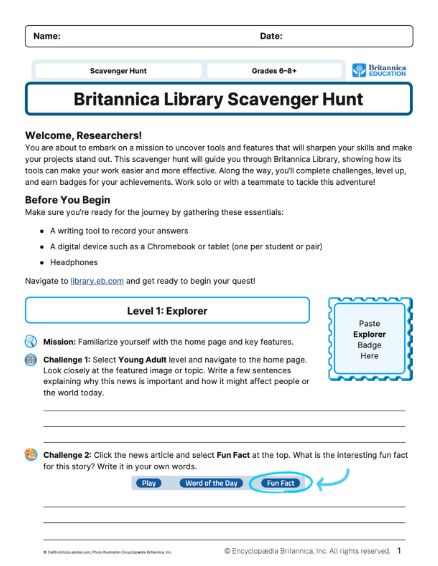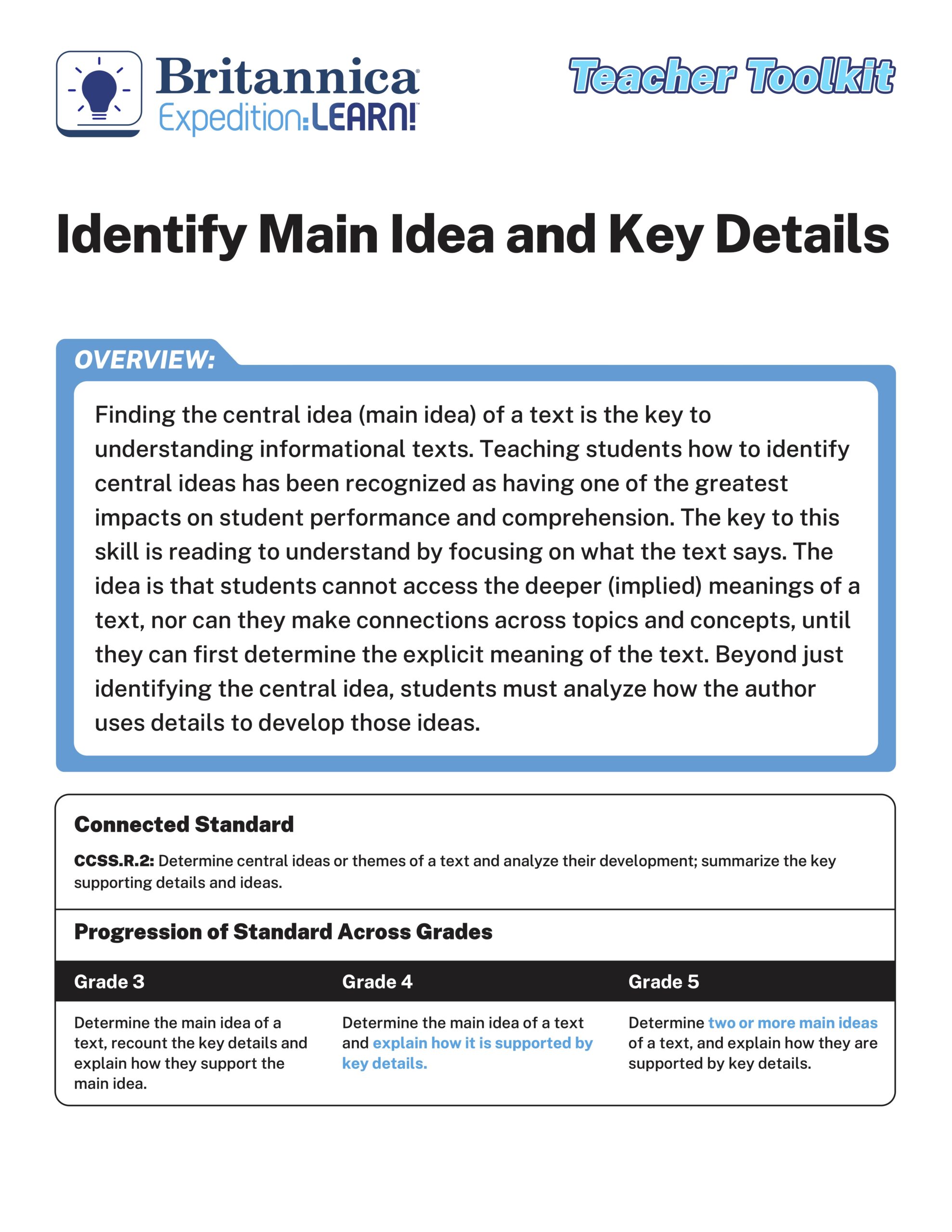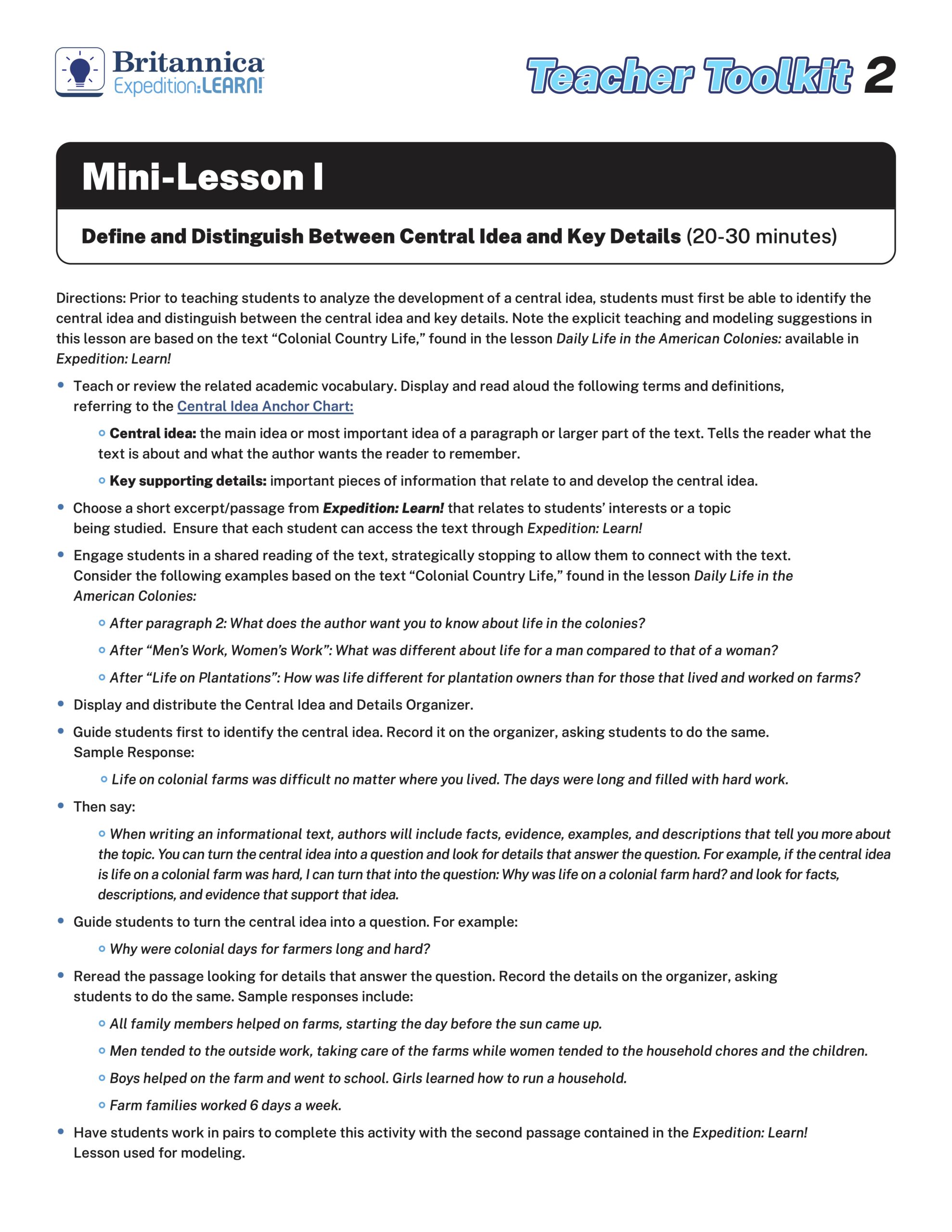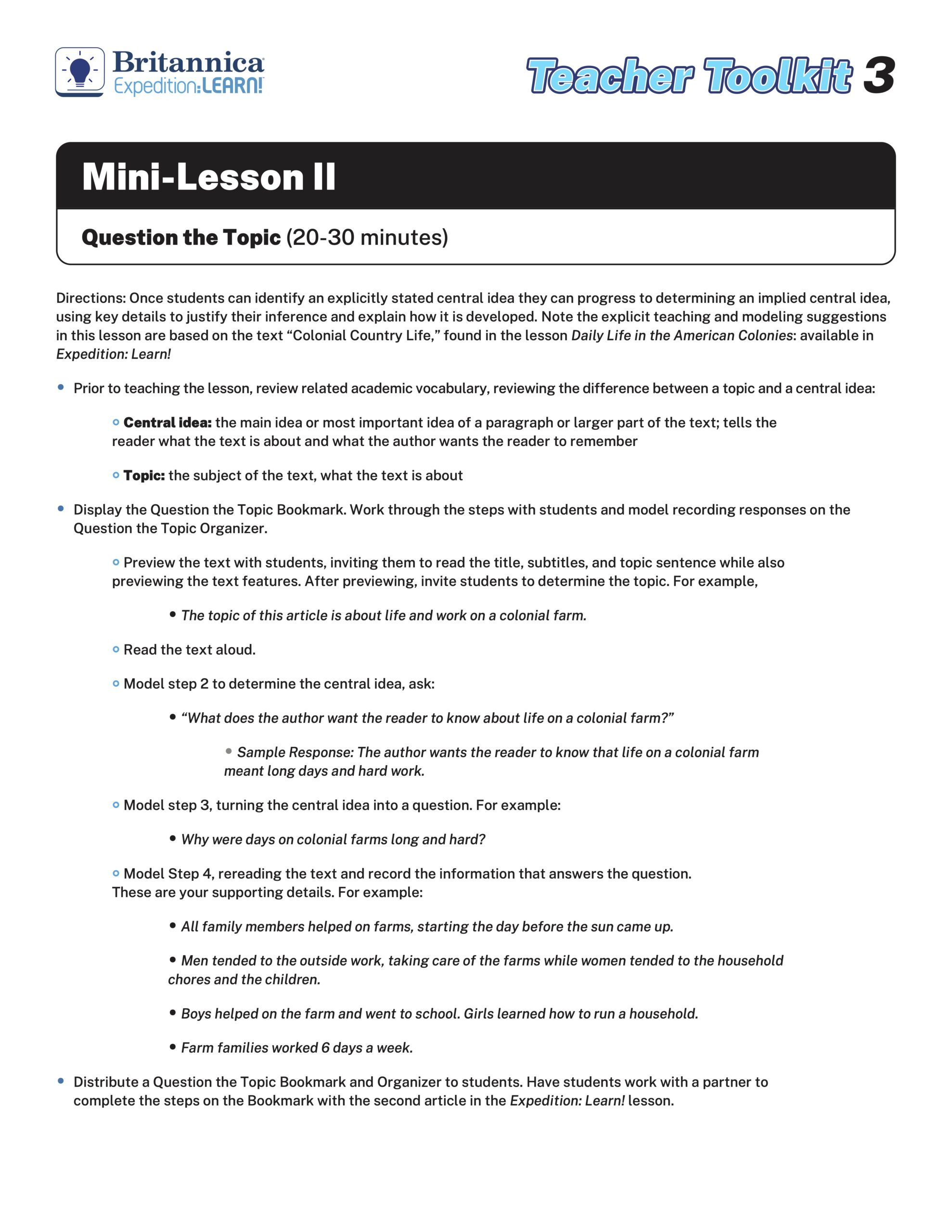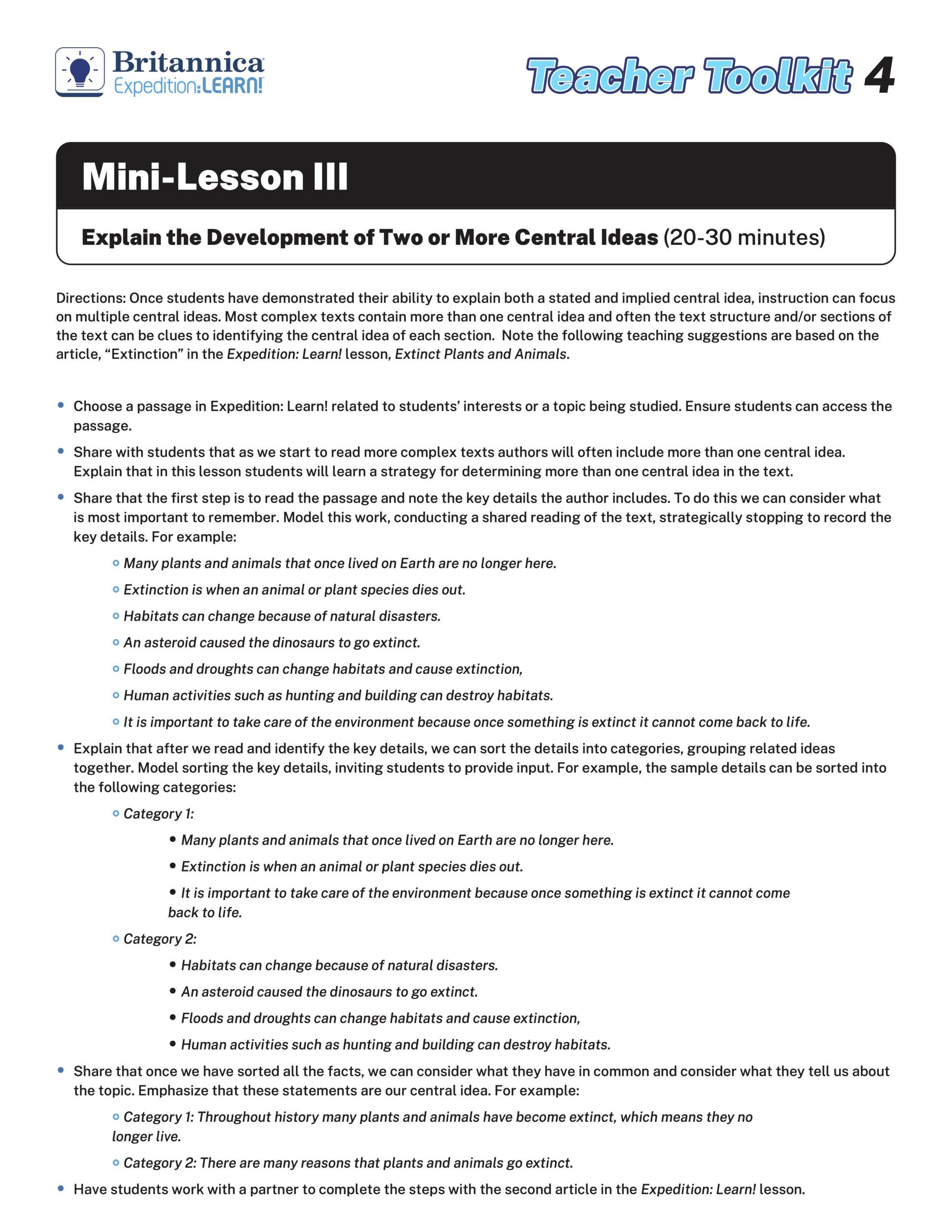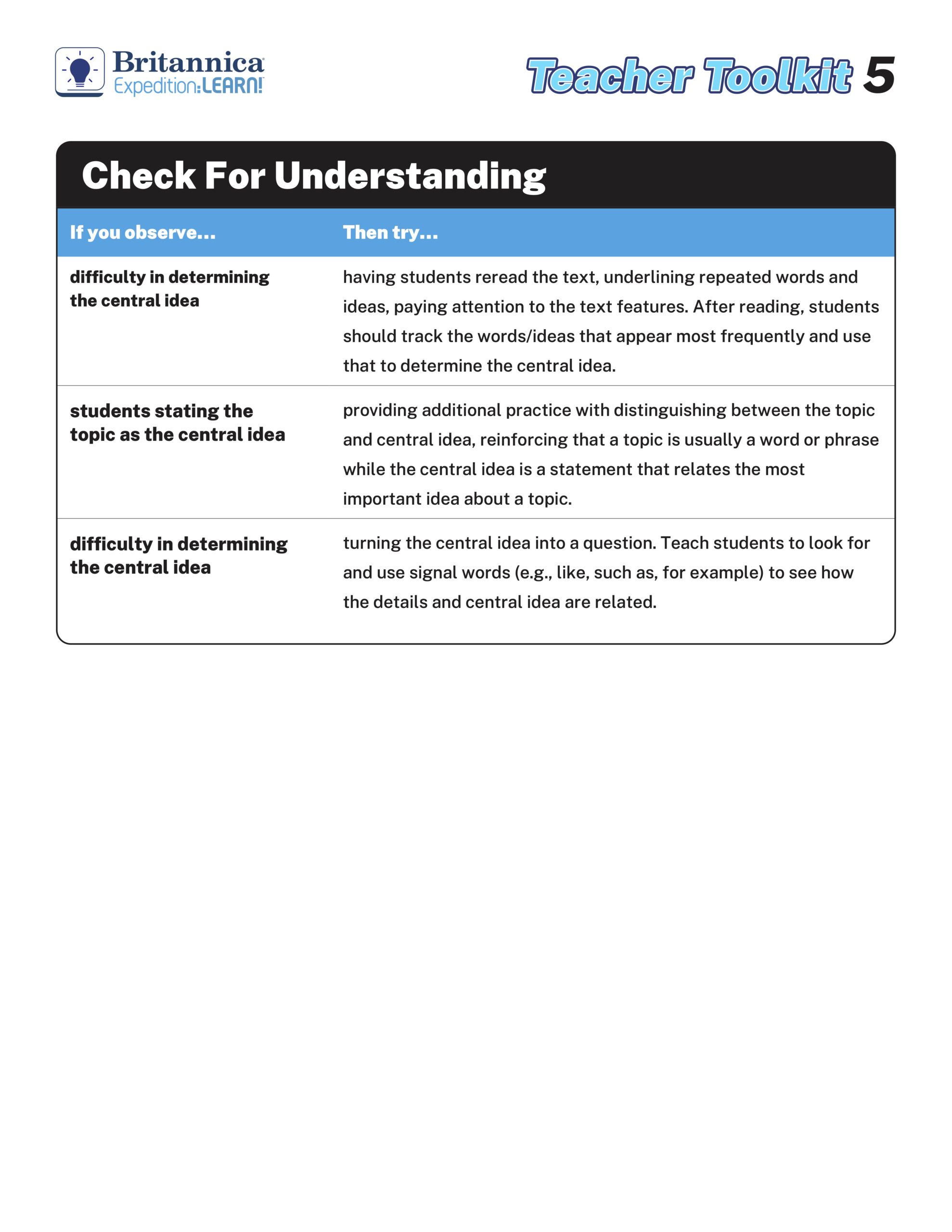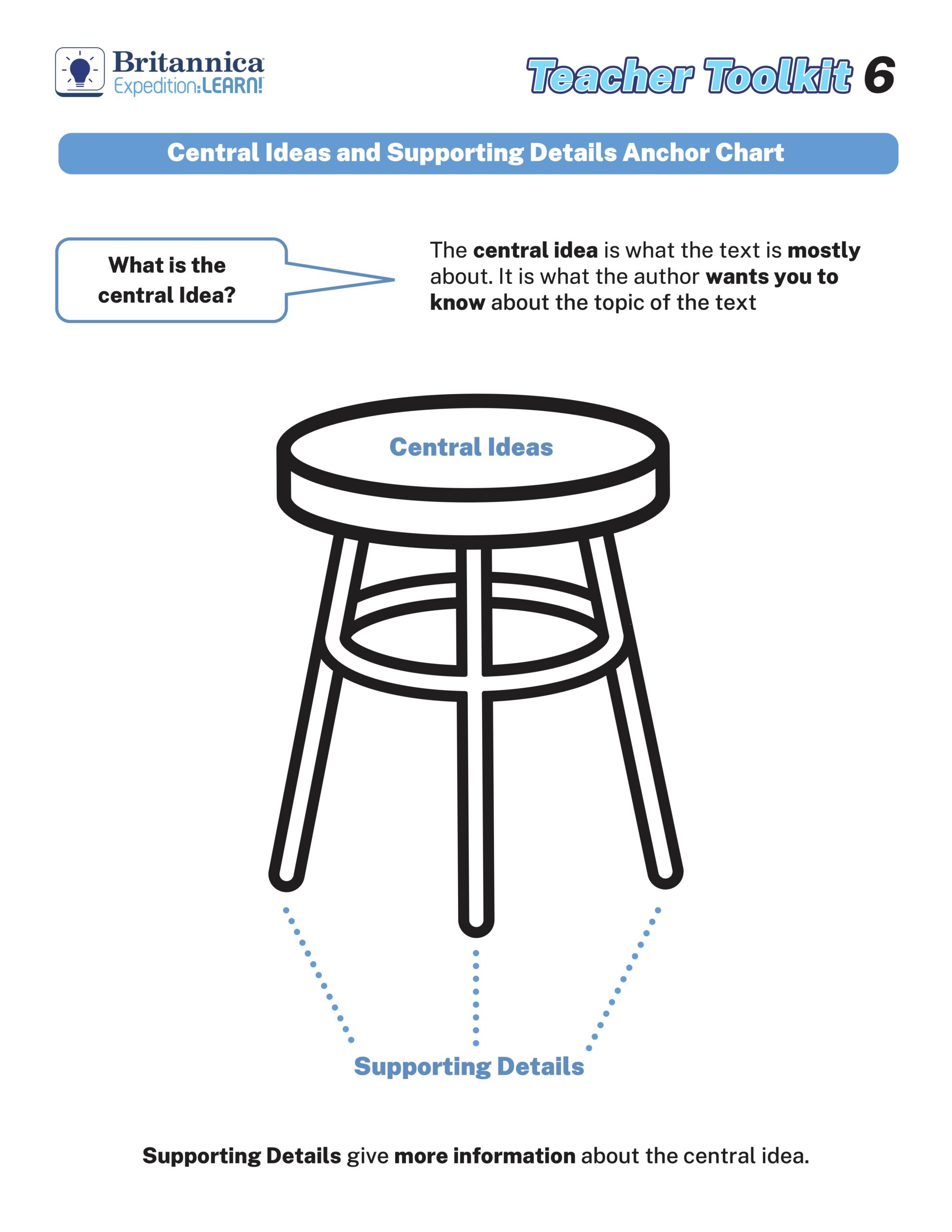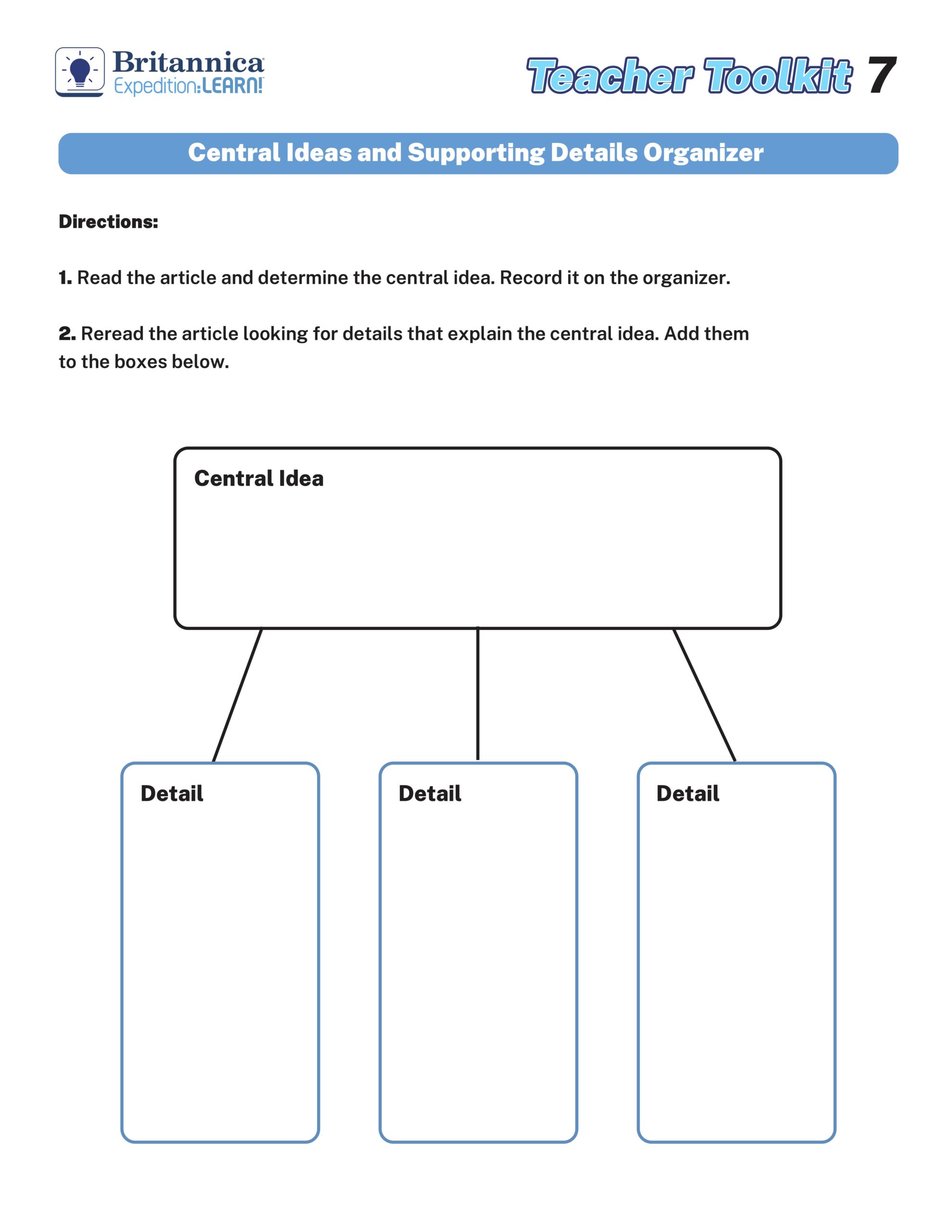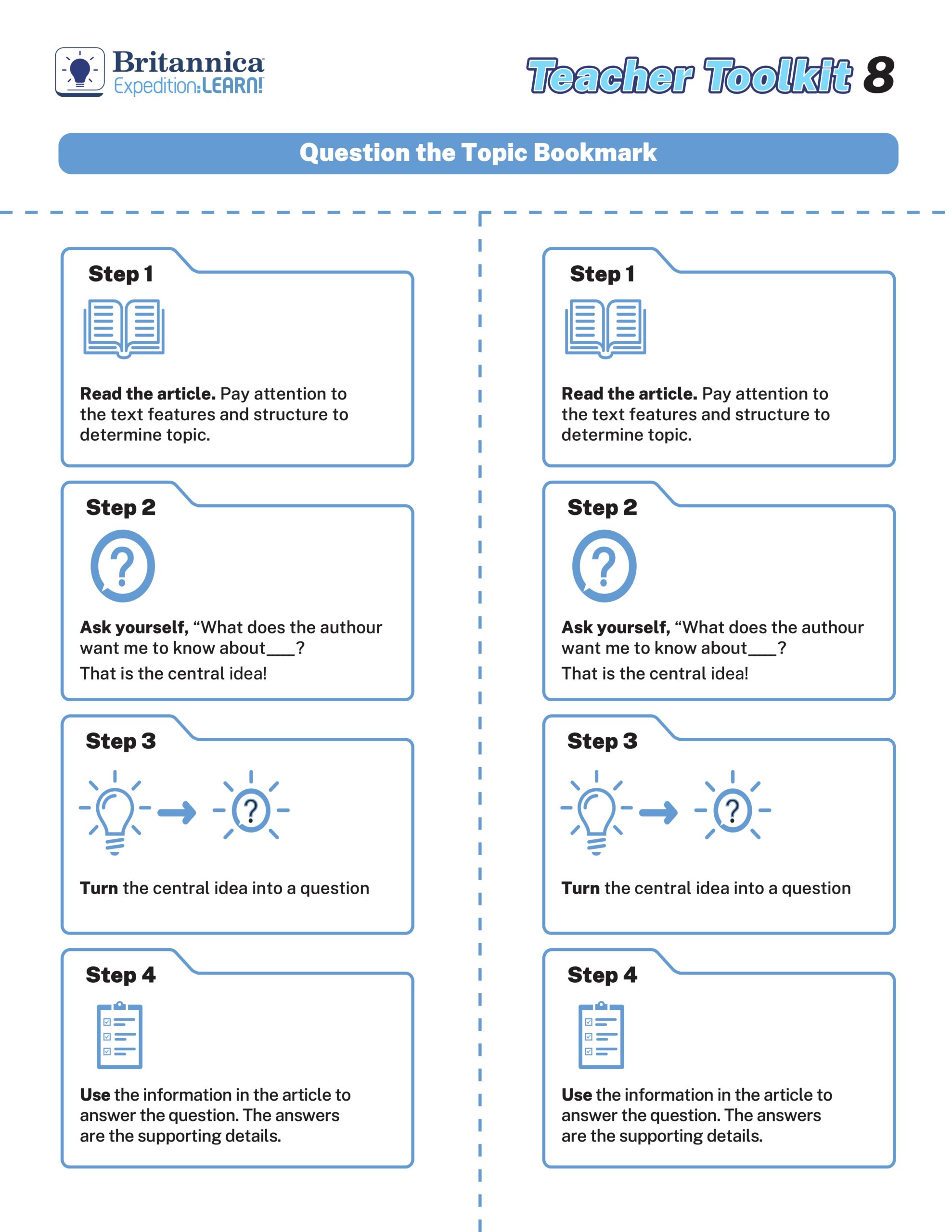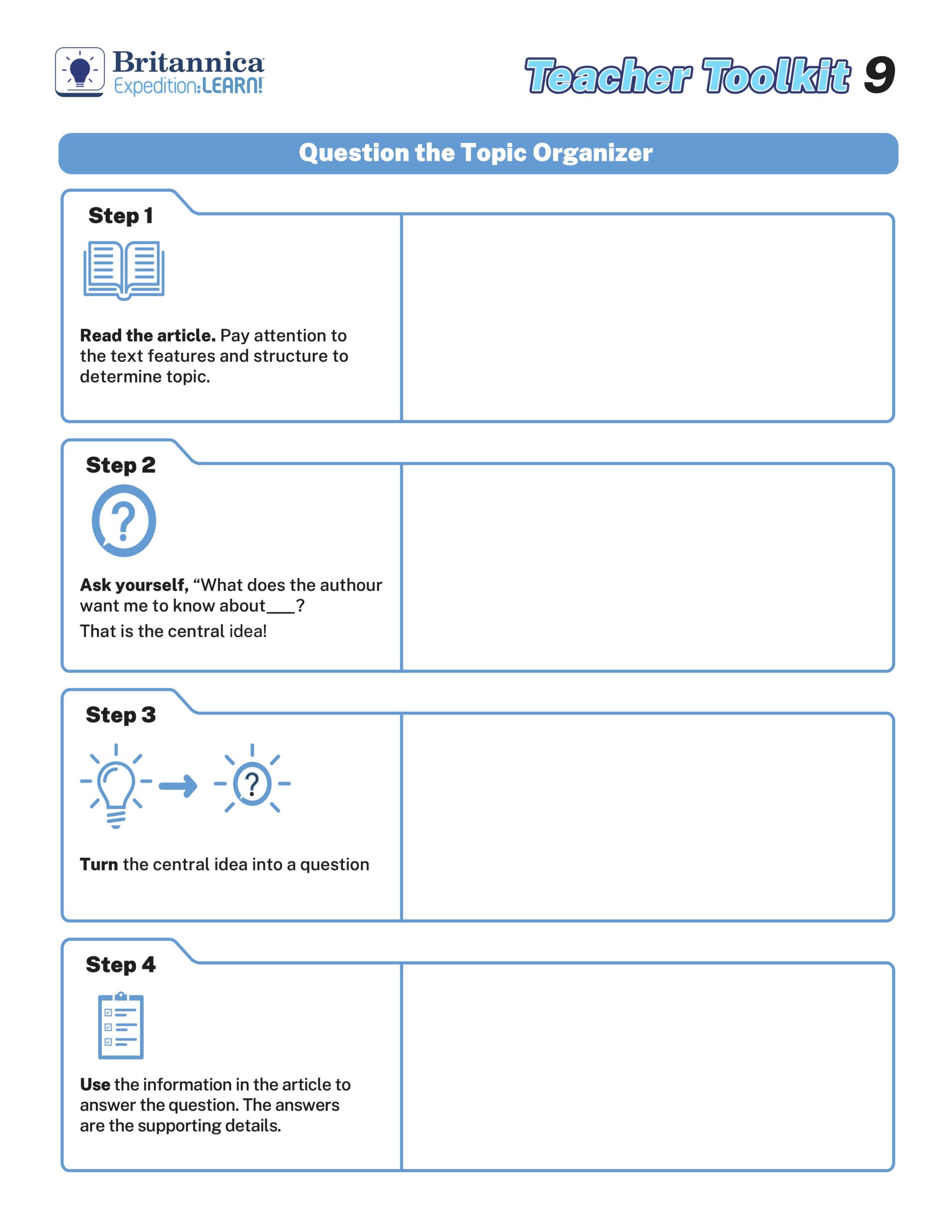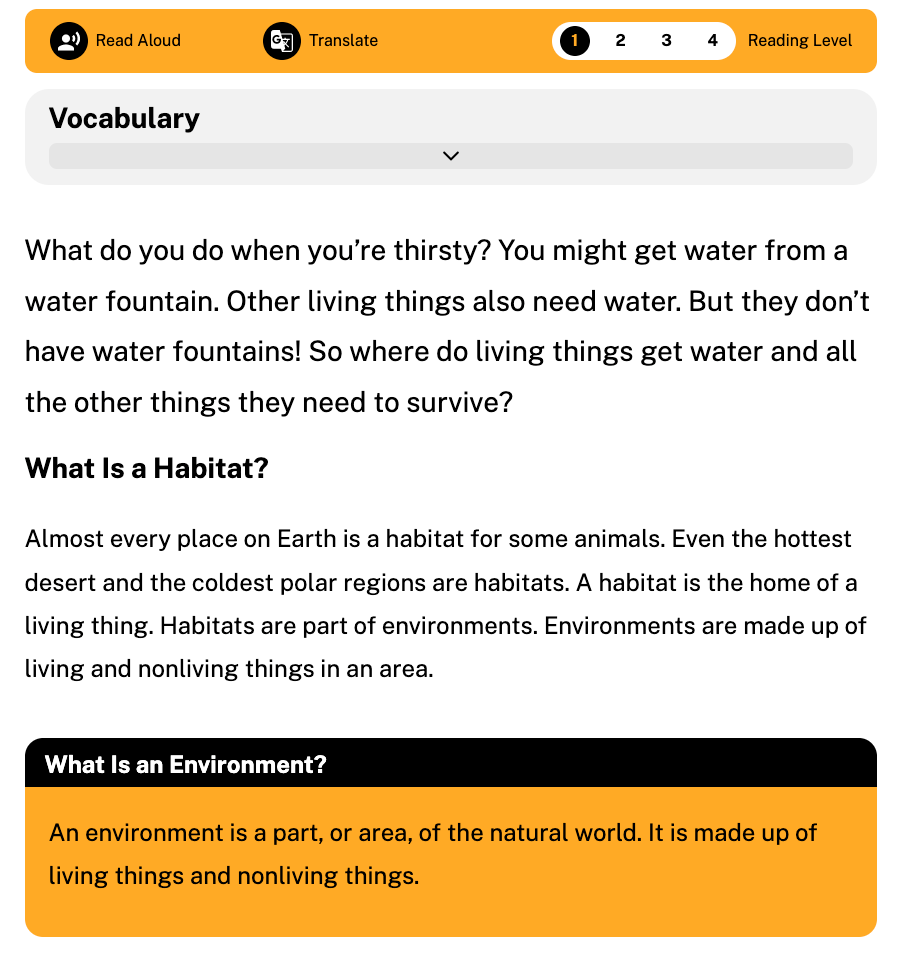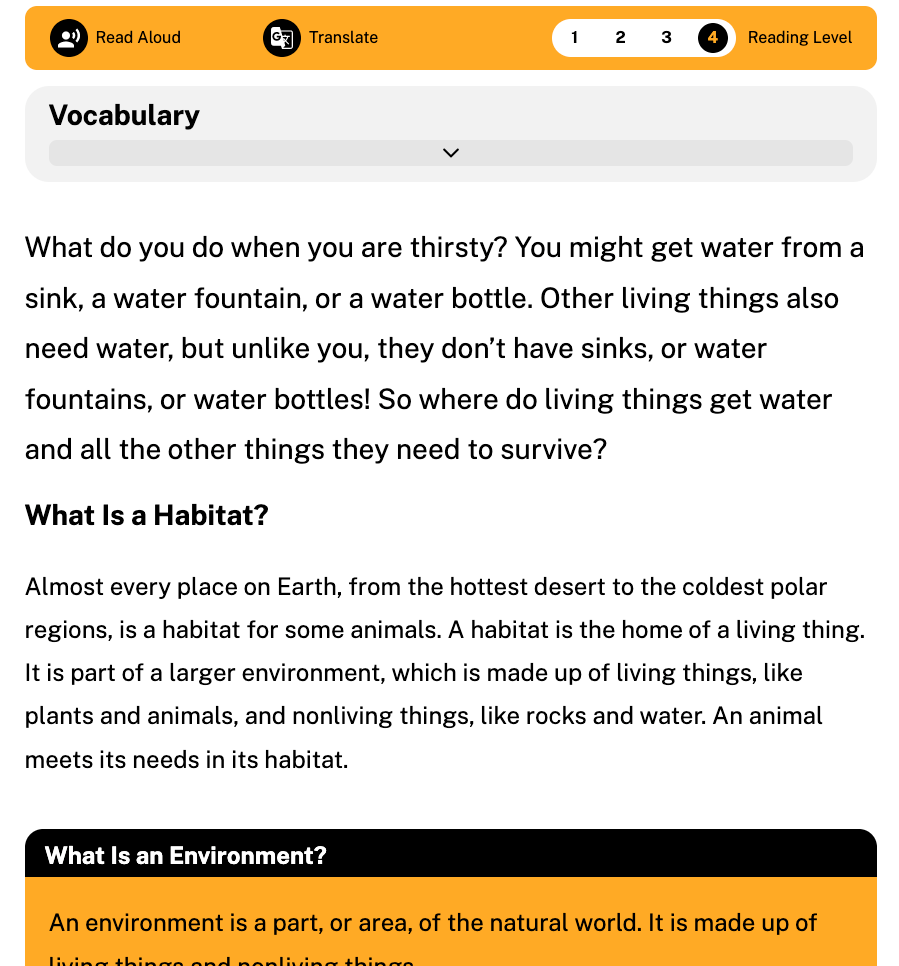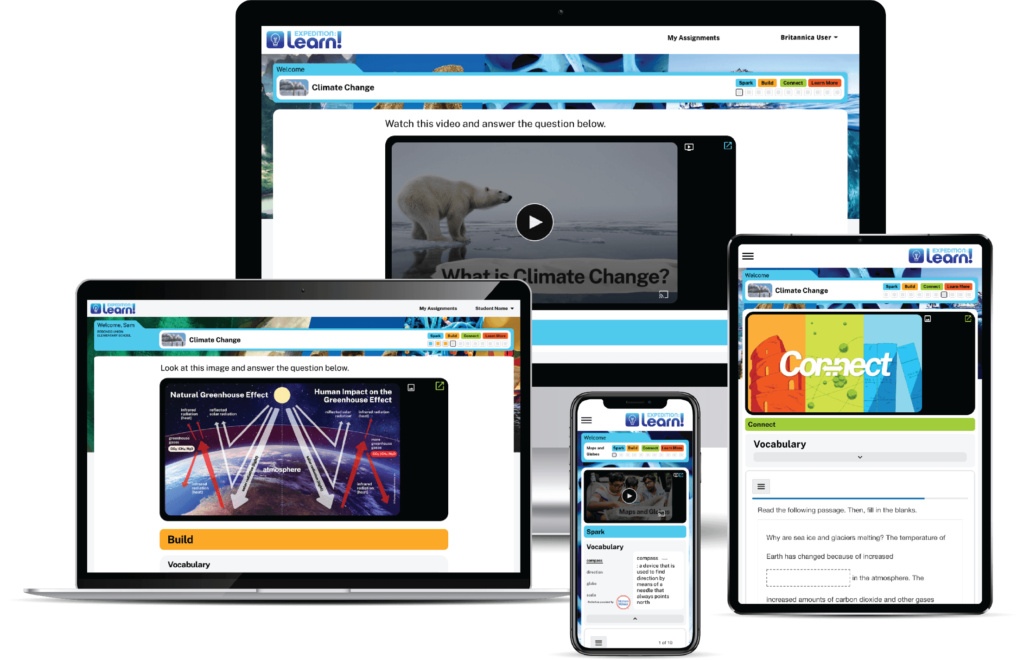An archaeologist. An astronaut. A doctor. An author. A teacher. Every child spends countless hours daydreaming about what they want to be when they grow up. But many need to realize what they learn in school can make all the difference in making their dreams a reality.
You hear them ask why they need to learn algebra, geometry, or even history. Or why they have to study and work hard, even if they don’t love school at that exact moment. We are thrilled to introduce an ongoing project that bridges the gap between classroom learning and real-world applications. This all-new Careers series consists of special features and videos designed to not only help you enlighten your students, but also inspire them to see education as a stepping stone to a world full of possibilities.
Get to Know The Experts
The idea for this exciting project stemmed from asking ourselves the same simple question students always ask: “Why do we learn what we learn in school?” To answer this, we set out to investigate why. Naturally, we went straight to the experts — people who use math, science, history, and other subjects in their day-to-day career lives.




We had the privilege of talking to some incredibly talented individuals, and we’re excited to share their insights with you. Even better, we’re still going! This is only the beginning of our new careers series, and we’ll continue sharing these incredible and unique careers in the weeks ahead.
Meet a Volcanologist: Understanding Earth’s Fiery Wonders
Ever thought studying rocks was all there was to geology? Well, think again! Our chat with a volcanologist opened our eyes to a whole new world.
Learn all about volcanoes from Dr. Janine Krippner, a volcanologist who’s studied volcanoes around the globe. She’s even been to the New Zealand volcano that appeared in the Lord of the Rings movies as Mt. Doom! Dr. Krippner talks about her favorite parts of the job and how her love for geology, mathematics, and earth sciences comes into play.
What a volcanologist does: These specialized scientists do more than just observe; they actively study volcanoes, lava, and magma to understand Earth’s inner workings.
A volcanologist’s impact: Volcanologists’ research and applications are crucial for both science and safety. They not only deepen our understanding of how Earth functions, but they also help us prepare for and mitigate the impact of volcanic eruptions. Put simply, their research keeps communities safe and helps protect the environment.
Becoming a Volcanologist
Volcanology is not just about specializing in one field of study. It combines geology, chemistry, physics, and earth sciences and even touches on sociology when looking at how people and volcanoes interact. This makes the role both challenging and incredibly rewarding, requiring a wide range of skills and knowledge.
As you might imagine, this fascinating career takes a real love for science, requiring at least a bachelor’s degree in geology, geophysics, or earth science. Most often, a master’s or Ph.D. is recommended as well.1
Meet a Glaciologist: Ice, Climate, and Our Role in the Environment
Climate change is a hot topic, and who better to discuss it than a glaciologist? Learn how the study of glaciers helps us understand climate patterns and what you can do to make a difference with this fun career feature.
Hear from Dr. Bethan Davies, a UK-based glaciologist who shares how her excitement to join a glacier expedition in school led her to pursue the career she now loves. Dr. Davies also shares her expertise on glaciers, including how they are formed and what their layers tell us about life thousands of years ago.
What a glaciologist does: As cool as it sounds, glaciology isn’t exactly a chill job. This exciting career is centered around studying all things snow and ice on landmasses, in particular, glaciers (formation and movement), ice flow, and the interaction between ice and climate. Glaciologists travel to some of the farthest corners of the Earth and explore regions most people never see.2
A glaciologist’s impact: Glaciologists investigate the relationship between glaciers and our world — and even other worlds! Their in-demand work provides much-needed information on climate change, rising sea levels, and conservation.
Becoming a Glaciologist
Like volcanologists, glaciologists are passionate about Earth and other sciences, including climatology, environmental science, geography, and physics. A minimum of a bachelor’s degree is required, though most glaciologists have advanced degrees and specializations.3
Meet an Architect: Making Masterpieces
An impressive blend of art and science, not to mention millennia of awe-inspiring work worldwide, makes our next career feature truly stand out. From ancient greats like Egypt’s pyramids, the Greek Parthenon, and the Great Wall of China to modern-day marvels like Dubai’s Burj Khalifa and the Sydney Opera House, architects flaunt their impressive skills all across the globe.
Jeanne Gang, a renowned architect, showed us how geometry and physics come alive in the structures we inhabit. From calculating angles to understanding materials, the math and science you learn in school are the building blocks of the skyscrapers and homes around you.
What an architect does: Architecture extends far beyond the piling of stones to construct a building. It is the intelligent creation of forms and spaces that , in themselves, express an idea. Architects are qualified professionals who design concepts for an array of structures, including houses, buildings, and other facilities. They collaborate with many other experts in the field throughout the building process, including civil engineers, construction teams, and interior designers.4
An architect’s impact: Even if their building is not the next addition to the New York City skyline or a must-see world wonder, an architect’s job is critical at any level. Not only do architects ensure a structure’s functionality and safety, but they also add social value by creating aesthetically pleasing, innovative, and sustainable works.
Becoming an Architect
Careers in architecture combine a range of subject areas that students explore during primary and secondary education, including mathematics, physics, and geometry. It requires a formal degree that encompasses topics like engineering, history, theory, and building design at a bachelor’s or even a master’s level.
Meet a Museum Director: From Curation to Inspiration
Even with adventurous movie depictions, it’s easy to think running a museum is just about displaying old stuff. If you’ve noticed a theme here, then you already know there’s so much more to it! Our conversation with a museum director revealed a multi-faceted role that goes far beyond simple collection and curation.
Museum director Ashley Rogers has been around museums her entire life. She believes museums are a place where you “get transported” into new worlds and enjoy immersive, experiential learning experiences. Today, Rogers works at the Whitney Plantation museum, educating the public about the history and legacies of slavery in the United States.
What a museum director does: A day in the life of a museum director involves a range of responsibilities, including their own collection oversight, exchanges with other museums, acquiring exciting new artifacts, and traveling with exhibits.5 They are not just caretakers; they are the strategic minds that shape museums into vibrant centers for education, inspiration, and community engagement.
A museum director’s impact: The work of a museum director is essential for both cultural enrichment and societal growth. They not only deepen our understanding of various subjects, such as art, history, or science, but they also create platforms for dialogue, learning, and community building. These valuable professionals turn museums into dynamic spaces that enrich our lives and broaden our perspectives.
Becoming a Museum Director
The journey to becoming a museum director often starts with a strong academic background in art history, archaeology, history, or a related field. Many directors hold advanced degrees, such as a master’s or even a Ph.D., which equips them with the specialized knowledge needed to curate collections and design educational programs.
Upcoming Interviews
We’ve got much more to come! Our next round of interviews currently in the works will share the captivating worlds of:
- Engineers
- People who work with animals
- Oceanographers
- And many more!
Stay tuned for these exciting conversations coming soon!
Get Involved: Share Your Stories
As you can see, there are some pretty amazing careers out there. We would love to hear from you! If you know someone with a fascinating career that can help students see the relevance of their education and inspire them to dream even bigger, feel free to email us at [email protected] with the subject line “Exciting Career Story.”
The majority of the information in this blog was sourced from Britannica School: Middle and High School levels. Not a subscriber? Contact us to learn more.
Additional References
- https://www.environmentalscience.org/career/volcanologist#:~:text=Volcanologists%20require%20a%20bachelor’s%20degree,level%20position%20in%20the%20field
- https://www.profguide.io/en/professions/glaciologist.html
- https://mynasadata.larc.nasa.gov/stem-career-connections/science-glaciologist#:~:text=A%20moving%20glacier%20will%20erode,change%2C%20and%20sea%20level%20rise
- https://www.forbes.com/home-improvement/contractor/what-is-an-architect/
- https://museum.jobs/museum-director/#



